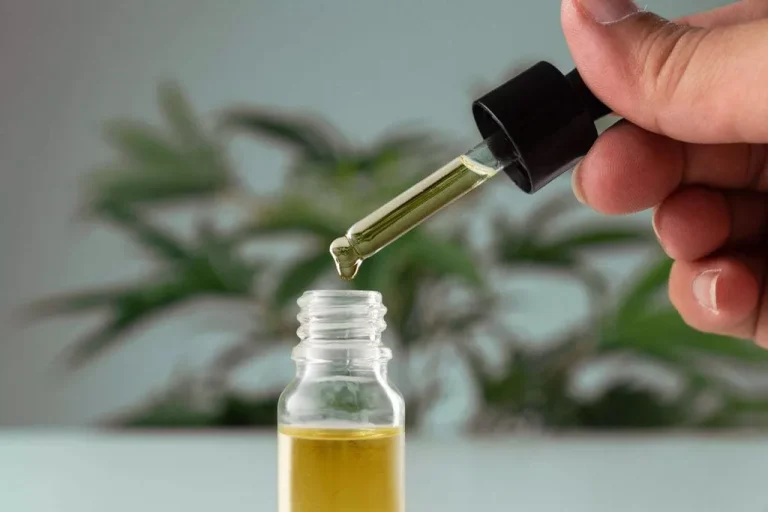Alcoholism & Anger Management: Mental Health & Addiction
15 Febbraio 2022Najlepsze Kasyna Bitcoin 2024: Wygraj Wielkie w Krypto!
21 Febbraio 2022
Heavy drinkers can experience severe and sometimes life threatening symptoms when reducing alcohol intake, so it’s important to have medical support. According to a review from 2017, alcohol is more likely to cause personality shifts related to negative emotions, but that doesn’t mean anger is the most common emotional experience while drinking. When someone battles AUD, they are also less likely to consistently take care of regular obligations, which can impact interpersonal relationships and their home environment. These issues can then lead to more anger and further difficulty controlling emotions and outbursts.
- You might not recognize how much you drink or how many problems in your life are related to alcohol use.
- Studies have shown that serotonin levels may begin decreasing within 30 minutes of that first drink (4).
- People known to have anger outbursts on alcohol can end up destroying relationships.
- It is important to note that not everyone who drinks alcohol will experience Alcoholic Rage Syndrome, as individual factors such as genetics and mental health can also play a role.
- Reframe supports you in reducing alcohol consumption and enhancing your well-being.
- Department of Justice, about 36% of perpetrators of crime had been drinking at the time.
Mental Health Effects on Children (Emotional, Behavioral, Social)

If you or someone you care about is struggling with alcohol-related rage there are some steps you can take to prevent future incidents. According to the National Council on Alcoholism and Drug Dependence (NCADD) alcohol more so than any other substance is a contributing factor in cases of rape, murder, spousal https://ecosoberhouse.com/ and child abuse, and assault. After you start treatment, follow the plan and practice the skills you learn. Once you have distanced yourself and been consistent in showing them that you will not put up with their bad behavior, you can support them from afar by telling them you will help them in their recovery.
Coping with Alcoholic Rage Syndrome
Alcohol is a depressant substance, meaning that it helps to suppress some of the “fight-or-flight” stress reactions that anger can induce. Repeated alcohol abuse as a coping mechanism increases the odds for developing problems related to alcohol, however. It also raises the risk for negative consequences of outbursts related to explosive and uncontrolled anger. Over time Ryan came to better understand factors that contributed to his drinking, including his anger and increased aggression when drinking. Therapy assisted him in recognizing how past wounds contributed to his vulnerability to both anger and alcohol use.

Identify the root of the anger
Sometimes, little things like being unable to deal with or express a specific feeling can lead to an angry outburst. As a result, there’s a lot of trial and error throughout your recovery, including finding the best anger-management techniques for you. The degree of aggression displayed during the outbursts must be greatly out of proportion to the situation. Your mental health professional will also make sure that the outbursts aren’t better explained by another mental health condition, medical condition or substance use disorder. Drinking may also be a method to self-medicate negative emotions, including anger.
But the best choice for you and the people around you is to enter treatment and work to become a better person. Alcohol affects brain chemistry by altering neurotransmitters, which manage our mood and impulses. It decreases inhibition and can increase stress hormones like cortisol, making some individuals more prone to anger and aggression when drinking. Besides personal and relational consequences, alcoholic rage syndrome also has a negative impact on society. Increased rates of aggression and violence can lead to higher levels of crime. This, in turn, puts pressure on the criminal justice system and contributes to overcrowding in prisons.
What is the role of the Frank website and helpline in providing support for drug addiction?
Ultimately, Timmy would lead to the death of Paul’s girlfriend who drowned in a boating accident that Paul (in drunken Timmy mode) was responsible for. All of that said, it’s important to explore the potential effects so you, your children, or others in your life can better understand and mitigate these effects. The problem is when someone gets stuck in this step and ignores the situation. Eventually, they fail to deal with anger which interferes with their recovery progress. When this happens, they’re likely to return to their addiction and have even more difficulty finding recovery once again. Triggers such as losing your patience, injustice, and feeling under-appreciated can all spur anger feelings.

Certain medications may increase the threshold (level) at which a situation triggers an angry outburst for people with intermittent explosive disorder. CBT teaches people with IED how to manage negative situations in day-to-day life and may thus prevent aggressive alcoholic rage syndrome impulses that can trigger explosive outbursts. A therapist or psychologist helps you take a close look at your thoughts and emotions. Through CBT, you can unlearn negative thoughts and behaviors and learn to adopt healthier thinking patterns and habits.
Oar Health Member Stories: I Needed to Curb My Drinking But Didn’t Know How
One study supporting this finding enlisted 245 men with a history of heavy episodic alcohol use (Berke et al., 2020). They completed surveys assessing their endorsement of traditional masculine norms, use of thought suppression, and both trait and alcohol-related aggression. It was found that thought suppression mediated the association between the toughness masculine norm and alcohol-related aggression.
Does Alcoholic Rage Syndrome Lead to Domestic Violence?
This disinhibiting aspect of alcohol in effect paves the way for feelings to dominate thoughts and behavior. Many people enjoy alcoholic drinks as a way of relaxing, sometimes to reduce the tension of socializing or to quiet an overactive mind. By contrast, some individuals’ alcohol consumption contributes to their anger, hostility, and even aggression. In his case, he was already predisposed to anger arousal before he had his first drink. “Trait anger” refers to a person’s general tendency to experience chronic anger over time. An angry person tends to seek out stimuli that activate feelings of anger.
